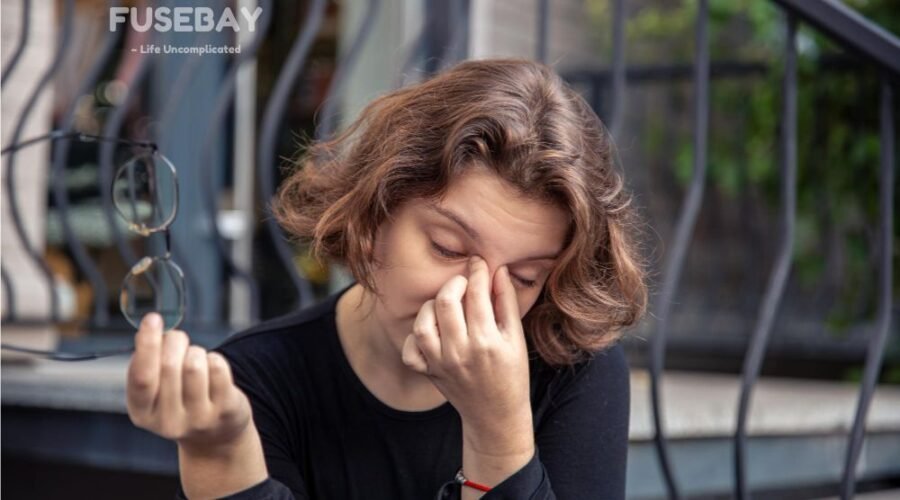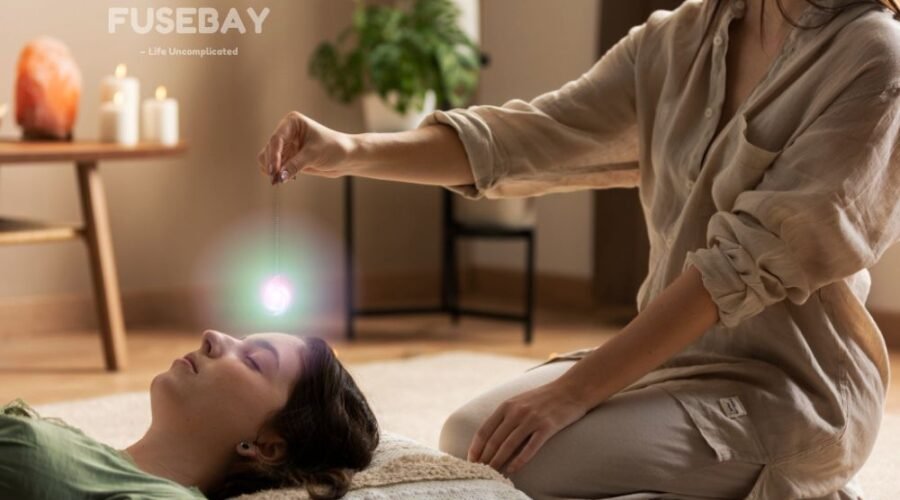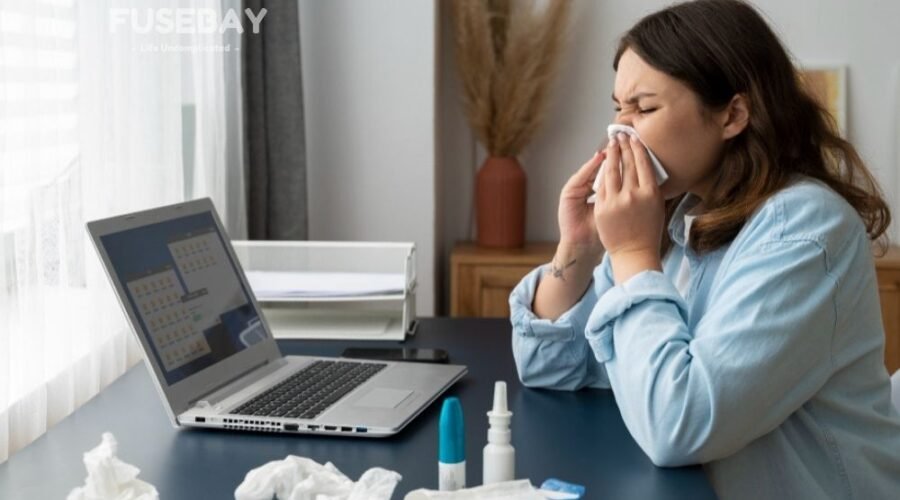How to Treat Itchy Eyes from Allergies Naturally and Effectively?
How to Treat Itchy Eyes from Allergies: Allergies can turn your day upside down—and itchy eyes are one of the most irritating symptoms. Itchy eyes can be incredibly frustrating, especially when they strike during allergy season. If you’re wondering how to treat itchy eyes from allergies, you’re not alone—millions suffer from the same discomfort every year. At Fusebay, we’re committed to providing clear, practical health tips to help you manage everyday struggles, including allergy-related eye irritation. Whether it’s dust, pollen, or pet dander causing the problem, understanding the right treatment methods can bring quick relief and long-term comfort. Let’s explore the causes behind itchy eyes, understand the science of allergic reactions, and discover the best ways to manage and prevent this common yet overlooked condition. Understanding Allergic Conjunctivitis Itchy eyes from allergies are caused by allergic conjunctivitis—a reaction where allergens trigger inflammation in the thin membrane covering your eyes. “The eyes are not only the window to the soul—they’re the first to react to the world around us.” – Unknown When to See a Doctor? Allergy symptoms are usually manageable, but certain signs mean it’s time to see an eye care professional. Common Triggers Behind Itchy Eyes Understanding what is causing the reaction is essential prior to treatment. The first step is to pinpoint the source of your allergy. 1. Seasonal Allergens 2. Indoor Allergens “Allergies are the body’s overreaction to a harmless world.” – Dr. Miriam Andrade How to Treat Eyes from Allergies? Now let’s get to what you’re here for—how to soothe, treat, and prevent itchy eyes effectively. 1. Use Antihistamine Eye Drops 2. Apply a Cold Compress 3. Keep Your Environment Allergen-Free 4. Wear Protective Eyewear Outdoors 5. Consider Oral Antihistamines Natural Remedies to Try at Home Some people prefer natural alternatives. While not replacements for medical treatments, they can offer additional relief. 1. Cucumber Slices 2. Chamomile Tea Bags 3. Aloe Vera Gel (Around the Eyes) Preventive Measures to Avoid Future Reactions They say prevention is better than cure—and that’s especially true with allergies. 1. Monitor Pollen Counts Daily 2. Change Clothes and Shower After Being Outdoors 3. Don’t Forget the Car Interior “An ounce of prevention is worth a pound of cure.” – Benjamin Franklin Conclusion: Itchy eyes from allergies may seem like a small issue, but anyone who has experienced it knows how much it can affect focus, productivity, and peace of mind. From over-the-counter drops to natural remedies and lifestyle adjustments, there are plenty of solutions to help manage your symptoms and reclaim comfort. The key is to stay ahead of your triggers and treat your eyes gently and consistently. At Fusebay, we believe health is wealth—and your eyes deserve just as much attention as any part of your wellness routine. Now that you know how to treat itchy eyes from allergies, it’s time to take action, see clearly, and live fully—without the itch. Read More: Common Eyes Problem with Age Frequently Asked Questions: 1. What causes itchy eyes, and how to Treat Itchy Eyes from Allergies? Itchy eyes are caused by an allergic reaction when substances like pollen, dust, pet dander, or mold come into contact with the eyes. The immune system treats these harmless particles as threats, releasing histamines that cause inflammation, redness, and itching. 2. Are antihistamine eye drops safe for regular use? Yes, antihistamine eye drops are safe for short-term use and can provide fast relief from allergy symptoms. However, using them for long periods without guidance may lead to dryness or irritation. It’s always wise to follow dosage instructions or consult an eye care specialist. 3. Can home remedies help relieve itchy eyes from allergies? Yes, home remedies like cold compresses, cucumber slices, and chamomile tea bags can soothe itchy eyes naturally. These methods reduce inflammation and offer temporary comfort. However, they should be used alongside medical treatment for more consistent results. 4. Should I stop wearing contact lenses during allergy season? Wearing contact lenses during allergy season can make symptoms worse, as allergens can stick to the lenses. Switching to glasses can reduce irritation and provide a barrier against airborne allergens. It’s a simple way to give your eyes a break. 5. When should I see a doctor for itchy eyes? You should see a doctor if your symptoms last more than a week or if they include blurry vision, sensitivity to light, or discharge. These signs may indicate something more serious than allergies, like an infection, and require professional evaluation.












